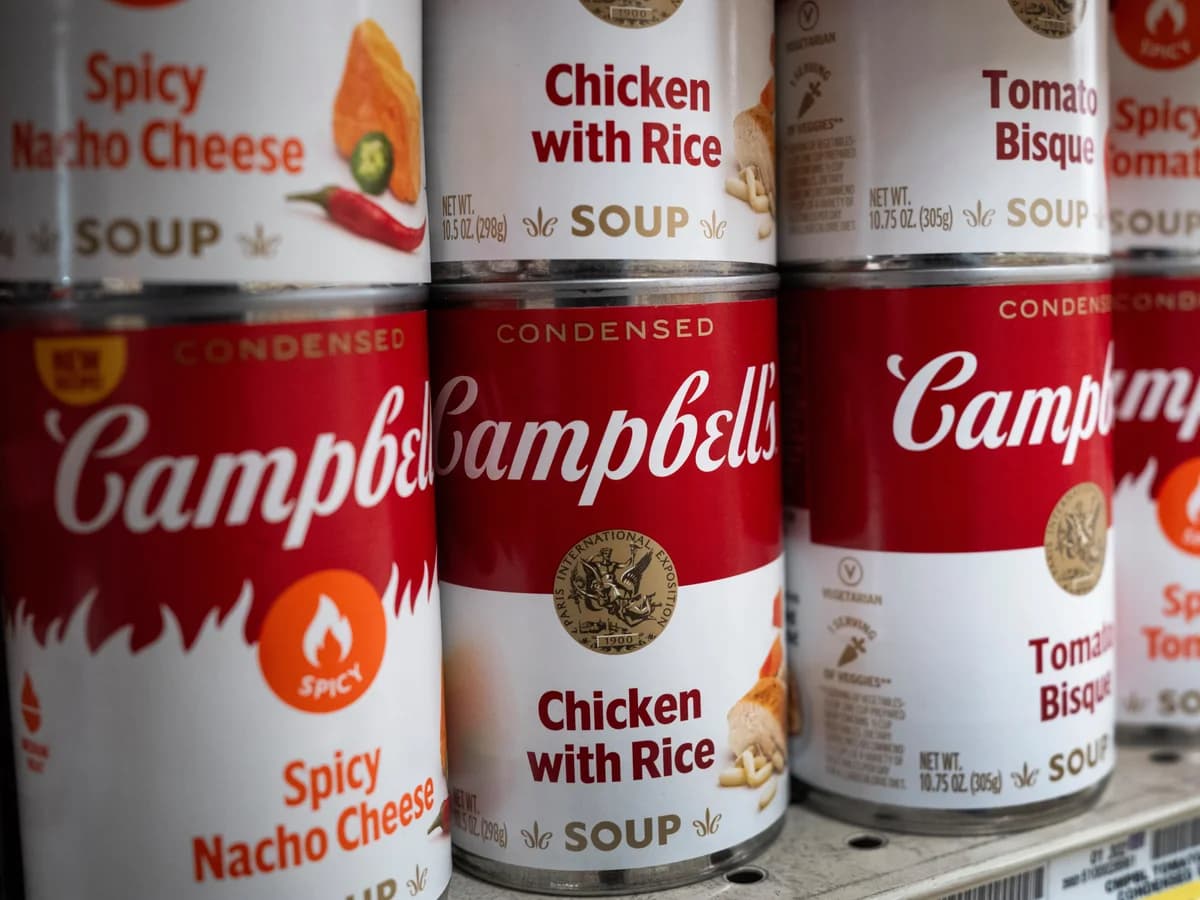We're loading the full news article for you. This includes the article content, images, author information, and related articles.
The global food giant faces a lawsuit over a senior executive's recorded comments, prompting questions about imported food standards in Kenya, where its products are sold online.

The Campbell's Company, a major American food producer, has vehemently denied allegations that it uses “3D-printed” or “bioengineered” chicken in its iconic soups. The claims originated from a secretly recorded audio clip of a senior executive, which has led to a lawsuit and placed the company's ingredient transparency under intense scrutiny. The controversy has potential implications for consumers in Kenya, where Campbell's products are available through various online retailers.
The scandal erupted following a lawsuit filed in Michigan, USA, by a former cybersecurity analyst for the company, Robert Garza. The lawsuit, filed on Thursday, November 20, 2025, alleges that Campbell's Vice President of Information Technology, Martin Bally, made several disparaging remarks during a meeting in November 2024. In an hour-long recording made by Garza, Bally is allegedly heard describing the company's products as food for "poor people" and stating, “I don't wanna eat a piece of chicken that came from a 3D printer.”
In a public statement released on Tuesday, November 25, 2025, The Campbell's Company described the executive's alleged comments about its food as “not only inaccurate—they are patently absurd.” The company has placed Mr. Bally on temporary leave pending a full investigation. Campbell's stressed that the executive in question works in the IT department and has no role or knowledge regarding food production processes. “We use 100% real chicken in our soups,” a company spokesperson stated, adding that the meat is sourced from long-trusted, USDA-approved suppliers in the U.S. and is raised without antibiotics.
The controversy has had tangible consequences, with Campbell's stock dropping by over 3% on Monday, November 24, 2025, following the news. Furthermore, the Attorney General of Florida, James Uthmeier, announced on Monday that the state's Consumer Protection Division would launch an investigation into the company's products, citing a state law that bans the sale of lab-grown meat.
While there has been no official statement from Kenyan regulatory bodies such as the Kenya Bureau of Standards (KEBS) or local consumer protection agencies regarding this specific issue, the availability of Campbell's soups through online importers like Ubuy Kenya and Whizz.co.ke raises questions for local consumers. All food products imported into Kenya must meet standards enforced by KEBS, which includes inspection in the country of origin and the issuance of a Certificate of Conformity. Kenya also maintains a ban on genetically engineered (GE) agricultural and food products.
The term “bioengineered meat” used in the recording is broad, but the context of “3D-printed” chicken points towards emerging food technologies like cultivated or lab-grown meat. This technology involves growing meat from animal cells in a lab. Current analysis of the sector indicates that while the technology is advancing, it is not yet used for mass-market commercial food production due to high costs and regulatory hurdles. As of late 2025, Singapore is the only country to have approved cultivated meat for commercial sale on a small scale. This global context makes the claim of its use in a mass-produced product like Campbell's soup highly improbable.
For now, Kenyan consumers purchasing these imported goods rely on the diligence of KEBS and the integrity of the importers. This incident serves as a critical reminder of the complexities within global food supply chains and the importance of robust regulatory oversight to ensure food safety and authenticity. FURTHER INVESTIGATION by local authorities would be required to confirm the specific standards and checks applied to these products entering the Kenyan market.
Keep the conversation in one place—threads here stay linked to the story and in the forums.
Sign in to start a discussion
Start a conversation about this story and keep it linked here.
Other hot threads
E-sports and Gaming Community in Kenya
Active 9 months ago
The Role of Technology in Modern Agriculture (AgriTech)
Active 9 months ago
Popular Recreational Activities Across Counties
Active 9 months ago
Investing in Youth Sports Development Programs
Active 9 months ago